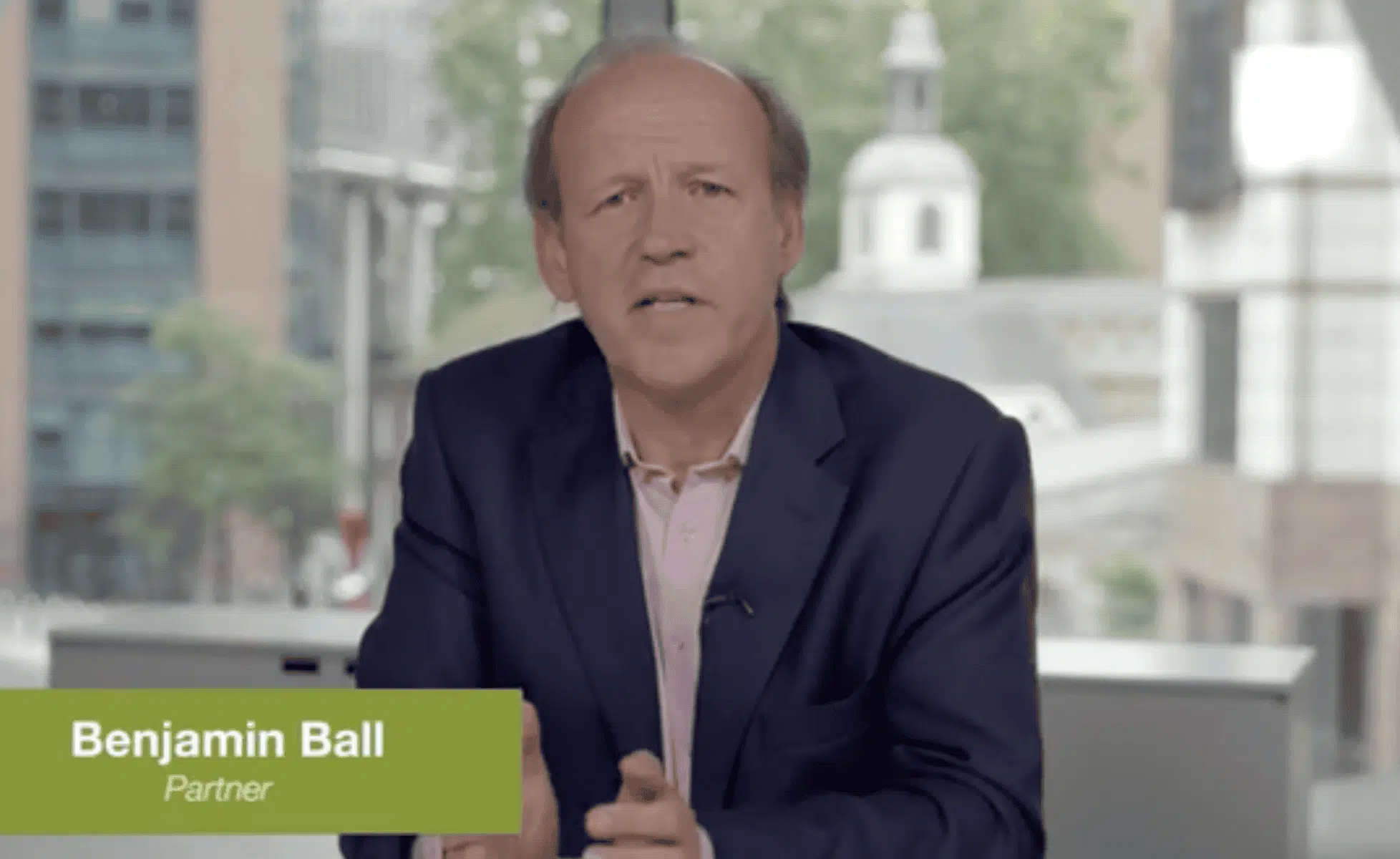Welcome to your transformation journey. Each step is designed to reveal your full potential. Your experience is at the heart of our commitment.
To provide you with exceptional service, we use cookies and data to maintain and enhance our services. This allows us to monitor performance and protect against abuse. By analyzing the engagement of our community, we continuously improve the quality of our offerings.
By choosing “Accept all,” we can develop new innovative services and customize the content and advertisements according to your preferences. If you prefer, you have the option to opt for non-personalized content, influenced by your current activity and general location. We also ensure to adapt your experience to be appropriate for your age, if applicable.
To further customize your settings, select “More options” and discover how to manage your privacy preferences. You always have the freedom to modify your choices to control your privacy and to optimize your experience with peace of mind.
Why does executive coaching cost so much?
Executive coaching is often perceived as a significant investment, with rates reaching up to $3,000 per hour. This high cost is explained by several key factors. First, the experience and expertise of executive coaches are determining elements. These professionals spend years training, obtaining certifications, and accumulating extensive experience with leaders in various sectors. For example, Carol C. Little is recognized for her entrepreneurial success and her commitment to executive coaching, justifying her fee.
Next, executive coaching often involves personalized and intensive support. Sessions are tailored to meet the specific needs of each client, whether it is developing leadership skills, managing career transitions, or improving team performance. This customization requires additional time and resources, which is reflected in the hourly cost.
Moreover, executive coaches invest in innovative tools and techniques to provide a high-quality service. The use of advanced technologies for tracking progress, psychometric assessments, and continuing education programs ensures an effective and modern approach to coaching. For example, BJ Santiago recently launched Focal Point, an initiative that perfectly illustrates this integration of innovation into executive coaching.
Finally, the reputation and results achieved by executive coaches play a crucial role in justifying their fees. Leaders and companies seek coaches who have proven themselves and can demonstrate tangible improvements in team performance and well-being. Testimonials and case studies, like those presented on Sandra Lewis Mapp, reinforce the perceived value of executive coaching.
What are the benefits of executive coaching?
Executive coaching offers a multitude of benefits that fully justify its cost. First of all, it allows for deep personal and professional development. Leaders benefit from better self-awareness, clarification of their goals, and improvement in their leadership skills. This introspective process fosters more informed decision-making and more effective team management.
Next, executive coaching contributes to increased organizational performance. By working on aspects such as communication, stress management, and conflict resolution, coaches help leaders create a more harmonious and productive work environment. The article on success in the tech industry through executive coaching perfectly illustrates how well-tailored coaching can transform the dynamics of a tech company.
Furthermore, executive coaching fosters talent retention. Employees who see their leaders evolving and improving are more likely to stay with the company, which reduces turnover and the associated costs of recruiting and training new talent.
In addition, executive coaching helps navigate periods of change and transition. Whether during mergers and acquisitions, restructuring, or strategic changes, an executive coach can provide the necessary support to minimize disruptions and maintain motivation and engagement among teams.
Finally, executive coaching strengthens company culture. By fostering values such as transparency, accountability, and innovation, coaches help establish a climate of trust and collaboration within teams, which is essential for the sustainability and success of the organization.
How to evaluate the return on investment of an executive coach?
Evaluating the return on investment (ROI) of an executive coach may seem complex, but there are concrete methods to measure its impacts. First, it is important to define clear and measurable goals at the beginning of the coaching process. These goals can include key performance indicators (KPIs), such as improvements in leadership skills, increases in productivity, or reductions in turnover.
Next, regular tracking of progress allows for quantifying the improvements made. For example, pre- and post-coaching evaluations can reveal gains in managerial skills or employee satisfaction. Psychometric evaluation tools and 360-degree feedback can also provide valuable data to measure the impact of coaching.
Moreover, the financial impact can be directly linked to the goals achieved. An increase in productivity, better project management, or a reduction in turnover-related costs are all elements that can be translated into tangible financial gains. These results can be used to demonstrate the ROI of executive coaching.
It is also essential to consider intangible benefits, such as improved team morale, a strengthened company culture, and resilience in facing challenges. Although more difficult to quantify, these aspects significantly contribute to the overall performance of the organization.
Finally, the satisfaction of leaders and teams is a relevant indicator of the success of executive coaching. Satisfaction surveys and interviews can provide qualitative insights into the effectiveness of the interventions and the value perceived by the beneficiaries.
To illustrate the importance of rigorous evaluation, Erin Conlon shares her approach, which resonates with her Irish roots, emphasizing tangible and sustainable measures to ensure optimal ROI.
What profiles choose to invest in high-level coaching?
Executive coaching attracts a variety of professionals, mainly senior executives and business leaders. These leaders often seek to improve their personal and professional effectiveness, refine their leadership skills, or navigate significant transitions in their careers. For example, entrepreneurs like Carol C. Little invest in coaching to support their growth and that of their businesses.
Middle managers aspiring to leadership roles also choose executive coaching to develop the necessary skills for increased responsibilities. This includes managing larger teams, making strategic decisions, and enhancing their communication abilities.
Professionals facing career transitions, such as promotions, sector changes, or retirement, find in executive coaching a valuable support to navigate these periods effectively and serenely.
Additionally, board members and leaders of nonprofit organizations use executive coaching to strengthen their leadership and improve the governance of their entities. The experience of Sandra Lewis Mapp illustrates how tailored coaching can benefit leaders in diverse contexts, including higher education.
Finally, innovative entrepreneurs and leaders in the tech sector, like those mentioned in this article, invest in executive coaching to remain competitive and lead their businesses towards success in ever-evolving environments.
Case studies: success through executive coaching
Case studies concretely demonstrate the benefits of executive coaching. Take the example of BJ Santiago introducing his expertise in executive coaching to Lexington with the launch of Focal Point. This project has allowed many leaders to clarify their strategic vision and improve their operational efficiency, resulting in significant growth for their businesses.
Another notable example is Carol C. Little, whose entrepreneurial success has been amplified by her commitment to executive coaching. Through personalized support, she has been able to overcome major challenges and seize new market opportunities, thereby strengthening her company’s position.
Similarly, Sandra Lewis Mapp utilized executive coaching to excel in higher education. Her expertise has enabled the development of innovative strategies to improve governance and promote a culture of academic excellence.
These case studies illustrate not only individual successes but also the positive impact on organizations as a whole. They reveal how effective executive coaching can transform challenges into opportunities and propel leaders to new heights.
Moreover, the article on success in the tech industry through executive coaching highlights concrete examples where tech leaders have used coaching to innovate and remain competitive in a constantly evolving sector.
How to choose the right executive coach?
Choosing the right executive coach is a crucial decision that can significantly influence your professional journey. It is essential to seek a coach whose skills and experience match your specific needs. For instance, if your goal is to develop leadership skills in the tech sector, it would be relevant to consult experts like those presented in this article.
It is also important to verify the qualifications and certifications of the coach. Recognized accreditations, such as those granted by the International Coach Federation (ICF), ensure a level of professionalism and competence. Sandra Lewis Mapp, for example, holds advanced certifications that attest to her expertise in executive coaching.
Personal compatibility is also an essential criterion. The coach should be someone you feel comfortable with, capable of establishing a relationship of trust and openness. An initial interview or discovery session can help assess this compatibility.
It is also helpful to consult references or testimonials from previous clients. These feedbacks can provide valuable insights into the effectiveness of the coach and the quality of their support. Articles and press releases, like those available on Carol C. Little, can provide concrete examples of successes obtained through the coach.
Finally, consider the coach’s approach and methods. Some coaches favor a more analytical approach, while others adopt more intuitive or holistic techniques. It is important that the coach’s approach resonates with your work style and personal goals. For example, Erin Conlon offers an inspiring framework that aligns with her Irish roots, providing a unique and enriching perspective for her clients.











